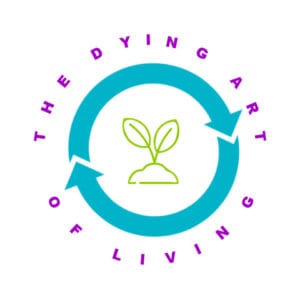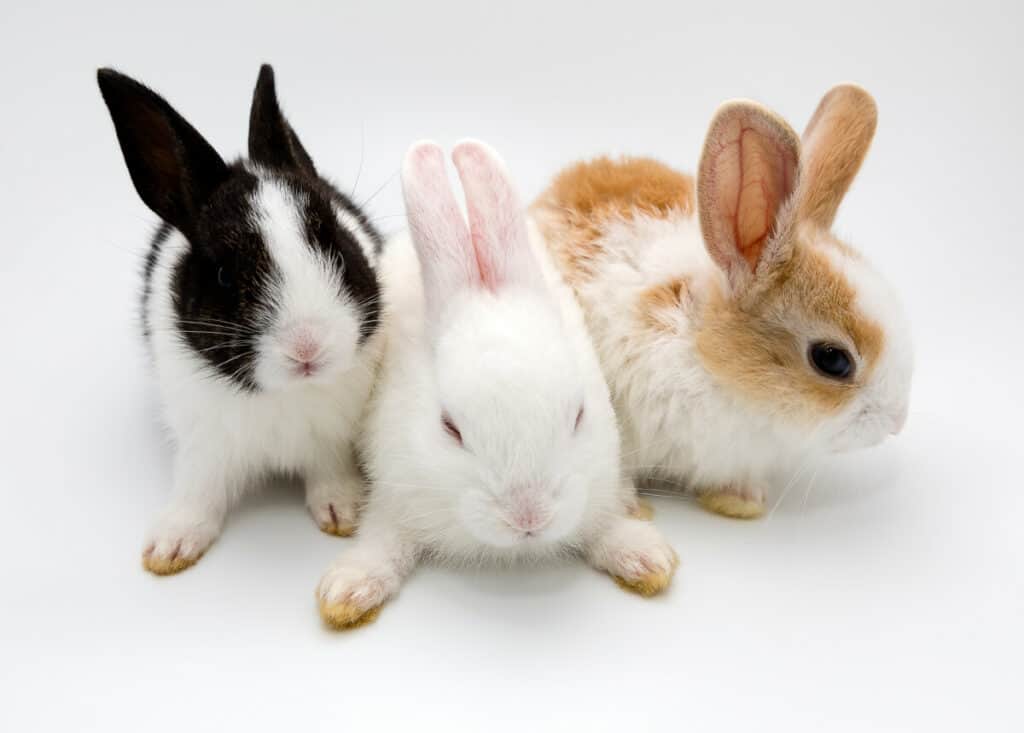

Rabbit poop’s potential as a garden fertilizer is a common question among gardeners. In the following information, we’ll explore why rabbit manure is indeed an effective and beneficial addition to your garden soil.
Rabbit poop, known as “rabbit manure,” is an excellent garden fertilizer. It’s rich in essential nutrients like nitrogen and phosphorus, promoting plant growth while enhancing soil structure.
In this post, we will discuss some of the many benefits of using rabbit manure as fertilizer and how to use rabbit poop as fertilizer properly.
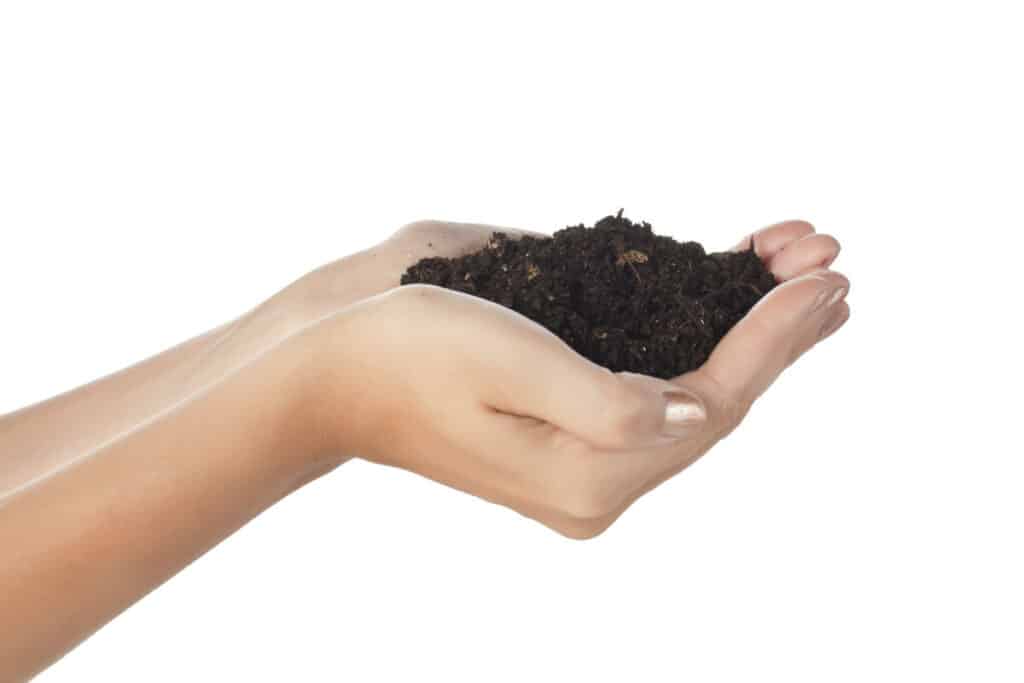
Rabbit poop is considered one of the planet’s most powerful and effective natural fertilizers. It is a waste product of rabbits rich in nutrients and minerals that plants need to grow healthy and strong. Rabbit poop is often referred to as “bunny gold” or “gardeners’ gold” by avid gardeners and farmers because of how beneficial it is for their crops. Here are some of the benefits of using rabbit poop as fertilizer:
Some other posts you might be interested in are How To Plant, Grow, Harvest, And Store Garlic and Which Pests Love Your Vegetable Garden As Much As You Do.
Benefits Of Using Rabbit Manure As A Fertilizer
Provides Nutrients
There are many reasons why rabbit pellets make an excellent fertilizer. The first of which is it is packed with nitrogen, phosphorus, and potassium (the N-P-K you see on bags of fertilizer in your garden center). These are the most important ingredients in any plant’s diet. Rabbit pellets contain calcium, magnesium, boron, zinc, copper, and many more trace minerals often missing from fertilizers. While the trace elements may not get the publicity as the Big Three, they are every bit as important, and lacking in many prepackaged fertilizers. Also, it is naturally higher in nitrogen and potassium than many other animal fertilizers.
Increases Soil Fertility
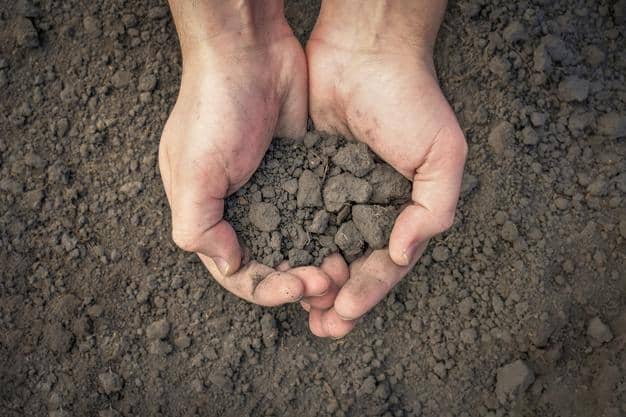
Not only is rabbit manure good for your plants, but it also improves your soil structure. The addition of rabbit pellets benefits drainage and moisture retention, helping keep the proper moisture level in your soil for plants to thrive. Constant moisture levels produce less stress on young and older plants and help them absorb the nutrients in the soil. A bonus, Red Wiggler worms love bunny poop, and worm castings are another fertilizer gold.
Enhances Plant Growth
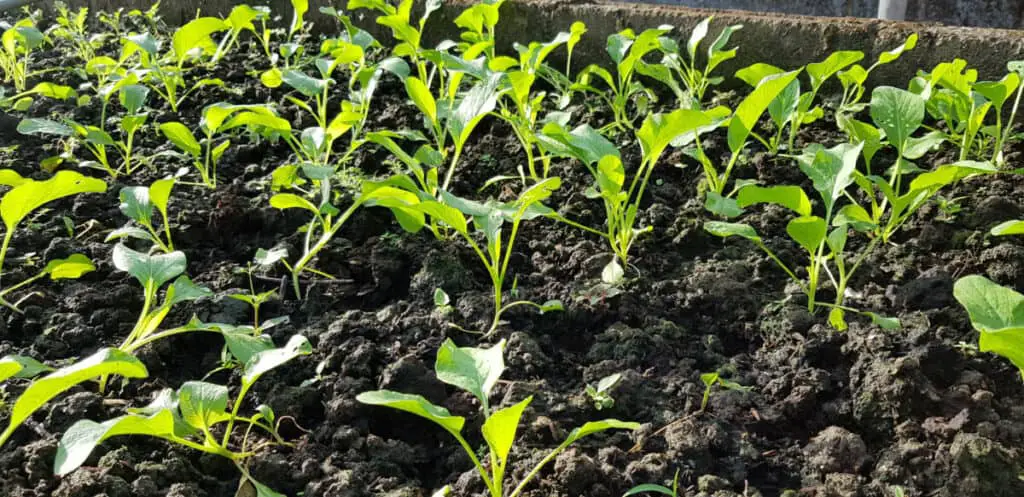
When rabbit poop is added to the soil, it helps improve plants’ growth and quality. Its high nitrogen content helps plants to produce greener leaves and more robust stems, promoting plant health and growth.
Additionally, the phosphorus present in rabbit poop helps plants to develop robust root systems, which are crucial for water and nutrient uptake. The rabbit pellets also help to raise the pH of your soil, making it more alkaline.
Easy to Use
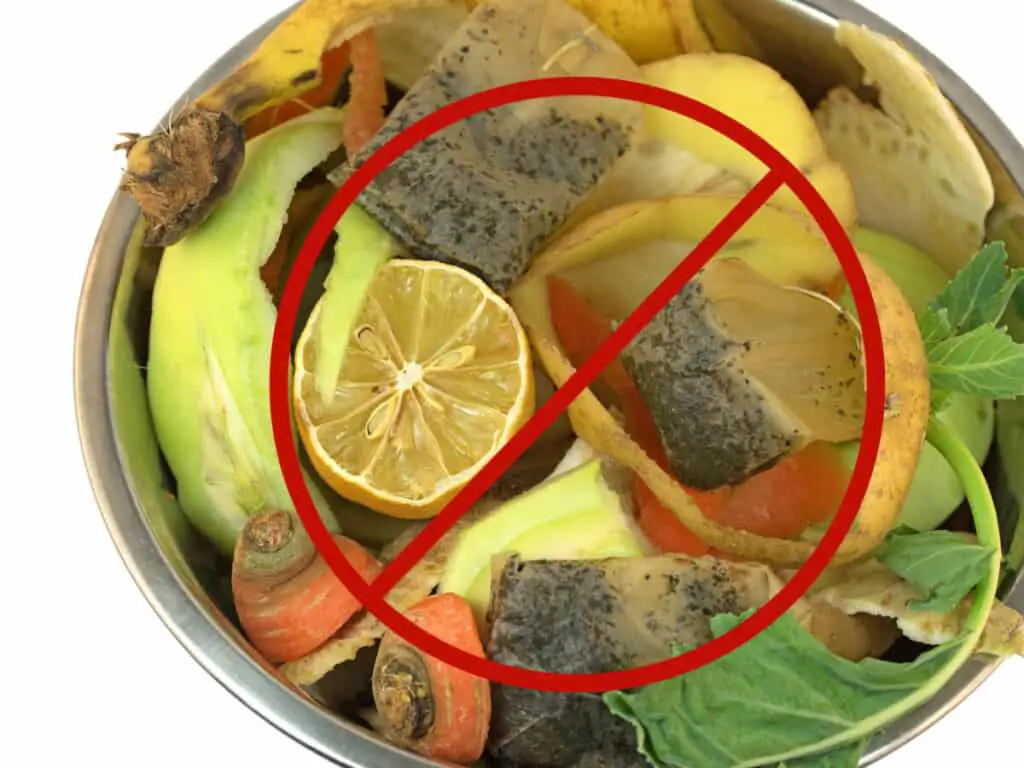
One of the significant advantages of using rabbit pellets as a fertilizer is a cold fertilizer. Unlike other animal manures, rabbit poop does not need to be composted before use. That means you don’t have to compost it, it’s ready to use. No waiting for it to cool down, just add it to your garden. It can be used fresh or dry and applied directly to the soil or mixed with water as a liquid fertilizer. (More details below)
It also makes a great nitrogen source when added to your existing compost pile.
Safe and Natural
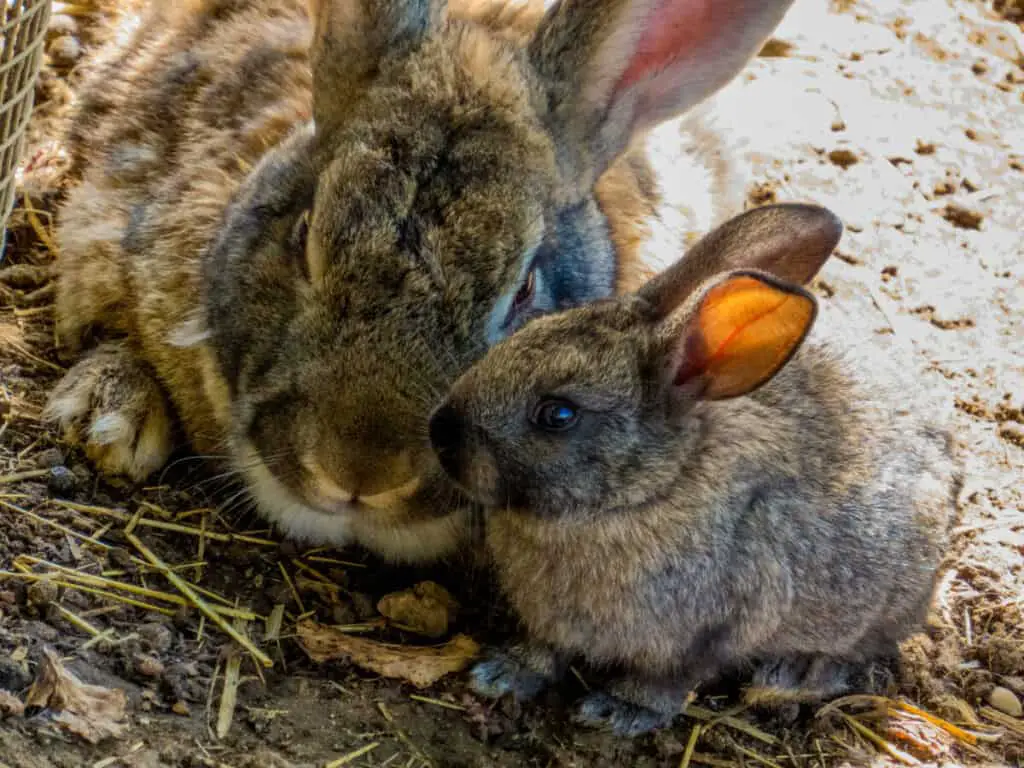
Rabbit poop is a natural fertilizer that is safe for the environment, unlike synthetic fertilizers, which can contribute to pollution and harm beneficial insects and wildlife. While some animal manures can be harmful to plants and the environment, rabbit poop is relatively mild and considered safe to use on plants, even when fresh.
Easy To Store
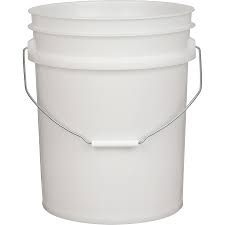
Rabbit Pellets are easy to store. They are dry pellets with little if any odor. If you raise rabbits it’s easy to just let them air dry and put them in a container to store a five-gallon bucket works well.

How To Use Rabbit Pellets As Fertilizer
Add Directly To Soil
As mentioned before, you can simply add the rabbit pellets directly to your garden. You can mix it with your soil or simply put it directly on top of the soil around your plants. It’s that easy.
Rabbit Tea
Another great way to use rabbit pellets is to make Rabbit Tea, not for human consumption!! But your plants will love it.
Just fill a five-gallon bucket with 3″-4″ of rabbit pellets, add water, and stir a few times. Rabbit tea is not very picky, you just stir it enough for the nutrients to dissolve.
In a day or two, you’ll have a weak tea. That’s all there is to it. Just pour the tea off the top and onto your garden for a quick boost for your plants. And if you already compost add the remaining manure from the bucket to your compost pile.

How Soon Can You Use Rabbit Poop For Fertilizer?
Curious about when to put that nutrient-rich rabbit poop to work in your garden? You’re in the right place! In the following information, we’ll provide a clear answer to the question of how soon you can use rabbit poop as a fertilizer.
Rabbit poop is a cold fertilizer, which means it doesn’t require composting and can be used immediately for gardening purposes.
Can You Put Too Much Rabbit Poop In Your Garden?
Wondering if it’s possible to go overboard with rabbit poop in your garden? Let’s explore the dos and don’ts of using this natural fertilizer to ensure your garden thrives without any unintended consequences.
Excessive application of rabbit poop in your garden can lead to nutrient imbalances and potential harm to plants due to high nitrogen levels.
For optimal results, apply rabbit manure to your garden at a rate of approximately 1 to 2 inches of composted manure per square foot of soil, ensuring even distribution and incorporation.

Rabbit poop is a fantastic source of natural fertilizer and offers significant advantages over synthetic fertilizers. Its nutrient-rich content, ability to enhance soil fertility, and promote plant growth make it an excellent choice for gardeners and farmers alike. Additionally, its natural and safe qualities make it a sustainable choice for those who want to improve their crops without harming the environment. So, next time you’re out foraging for gardening supplies, consider adding a few rabbits to your list to collect their nutrient-rich waste for your garden.
I think now you can see why I am such a fan of rabbit pellets as fertilizer. With so many advantages to rabbit manure as a fertilizer, you may want to consider raising your own little fertilizer producers!
I hope this post brought value to your day. Please consider sharing it with a friend or on your favorite social media if it did. Thanks For Reading The Dying Art Of Living!
